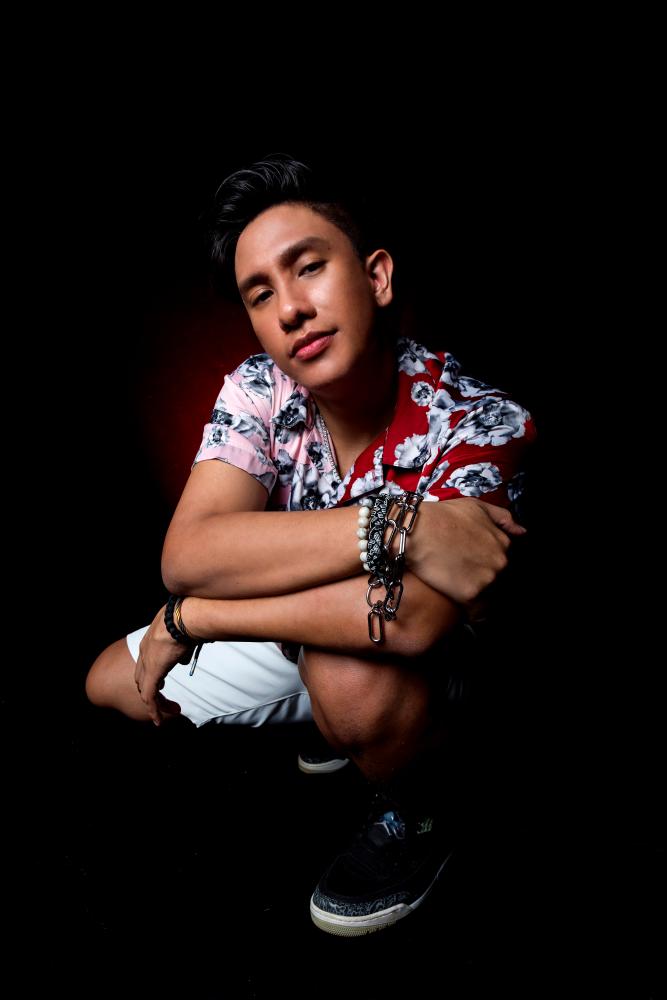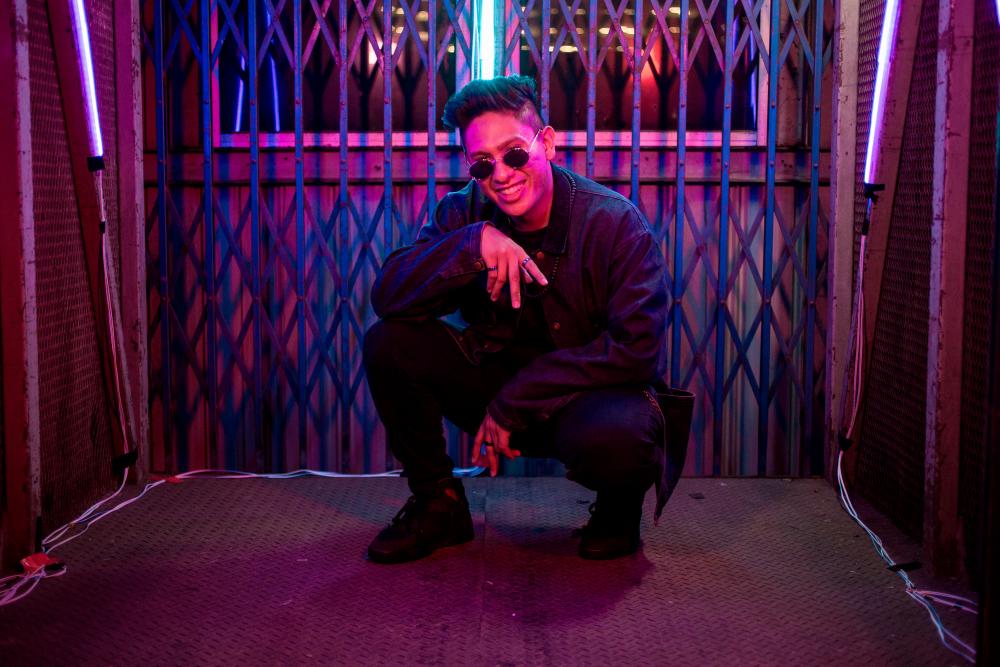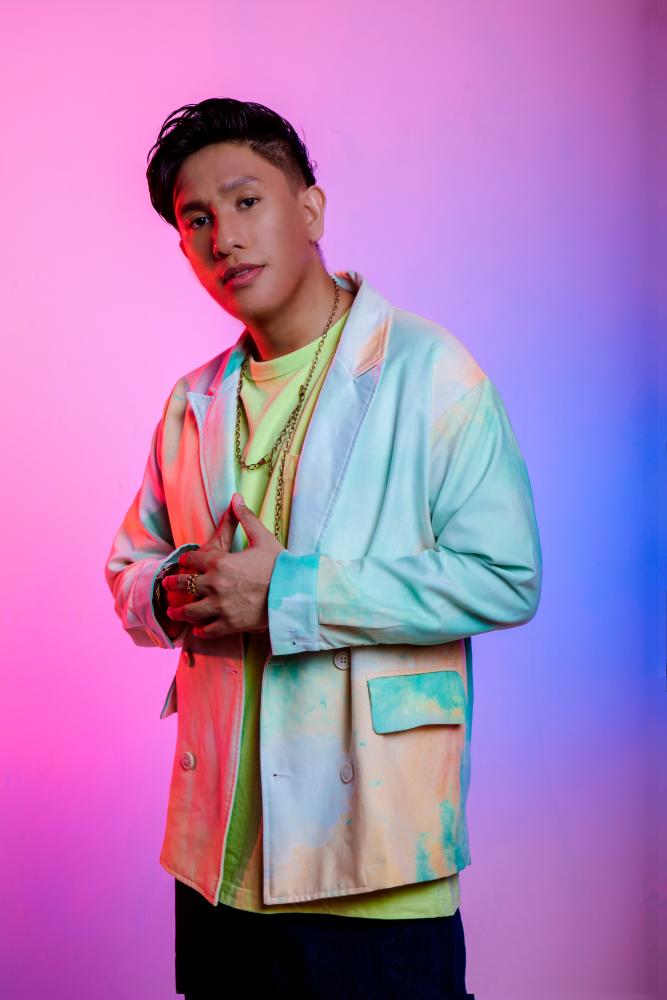ASYRAF Nasir started out making one-minute music videos on Instagram and later appeared in Joe Flizzow’s rap cypher show 16 Baris.
“I didn’t call myself a rapper at the time because my initial goal was to create content through rap and essentially to entertain people,” he said.
“Somehow, all the thematic raps caught the attention of people in the underground rap scene,” added the 26-year-old.
“It was pretty wild for me to be acknowledged because I am a fan of the Malaysian hip-hop scene first and foremost.”
Asyraf’s debut single Virus in April last year took the local music scene by storm. Despite its timely release during the outbreak of Covid-19, the rapper says that the virus in question refers to himself.
Following his subsequent single Keliru – which has resonated with many who find themselves stuck in a rut – he is now working on an extended play and more music collaborations.
“I always turn my thoughts into lyrics and I like to add a bit of fun into it. Being genuine is critical in my songwriting.
“I think a good artiste has to be true to himself, whatever the choice. Consistency and humility are also part of the equation of what makes a great artiste.”

What do you like about hip-hop?
I think hip-hop may be the most flexible genre, where you can speak about anything. There are no boundaries, and with that power comes the empowering of unheard voices. In our own way, we express our thoughts through rhythm and rap poetry that can be understood by all.
How do you aim to make a difference?
I have heard talented people who constantly question the worth of their creations. I just want to say, and this is also a reminder to myself, that whether we see it or not, someone out there relates to our songs.
I look up to the trailblazers who came before me. They shaped my interest and drove the Malaysian music scene to where it is today. One day, that is going to be me. So, whatever I do today, I aim to entertain and make myself relatable. I don’t want to limit my music to a discerning audience. I want it heard by non-hip-hip music lovers of all ages as well.
What did you find most challenging when breaking into the music scene?
Being heard. Twenty other people can be doing the exact same thing as you are but the real question is: ‘How are you doing it differently? What sets you apart?’
It is challenging to push yourself to be more creative than usual. It requires extra work to establish your presence.
Unlike some hip-hop and rap artistes, you do not use profanity in your lyrics.
I believe that language is rich, and there are many ways to express your feelings. You just need to find alternative words that hold equal significance. Personally, I try not to swear too much, so I have to stay true and reflect that in my craft as well.
I want people and even kids to be able to listen to it without having my songs heavily censored for being too explicit. My nephew and nieces sing along to my songs all the time.
Do you think the local hip-hop scene has unlocked its potential?
Looking at the top music charts by local radio stations and digital streaming services, there are a number of hip-hop songs and rappers on them, so we definitely are moving up. It’s just a matter of time.
What would you change about the local music industry, if you could?
The whole Malaysian music scene is such an under-appreciated turf that I wish Malaysians would remove the perception that our quality isn’t up-to-par internationally. You can still listen to Justin Bieber, Ariana Grande and all, and I do too, but we can also embrace our homegrown talent.
And when you do come across an act that is mind-blowing to you, let’s avoid saying: “Wah, not bad for local ah?”, and actually give appropriate credit as how you would pay 100 times the ticket price for international concerts.
What motivates you?
Other creators. Not in a competitive sense that pushes me to accomplish more but it’s really just being in awe that when you see the drive and brilliance of their work, it inspires you to also want to make something awesome.











